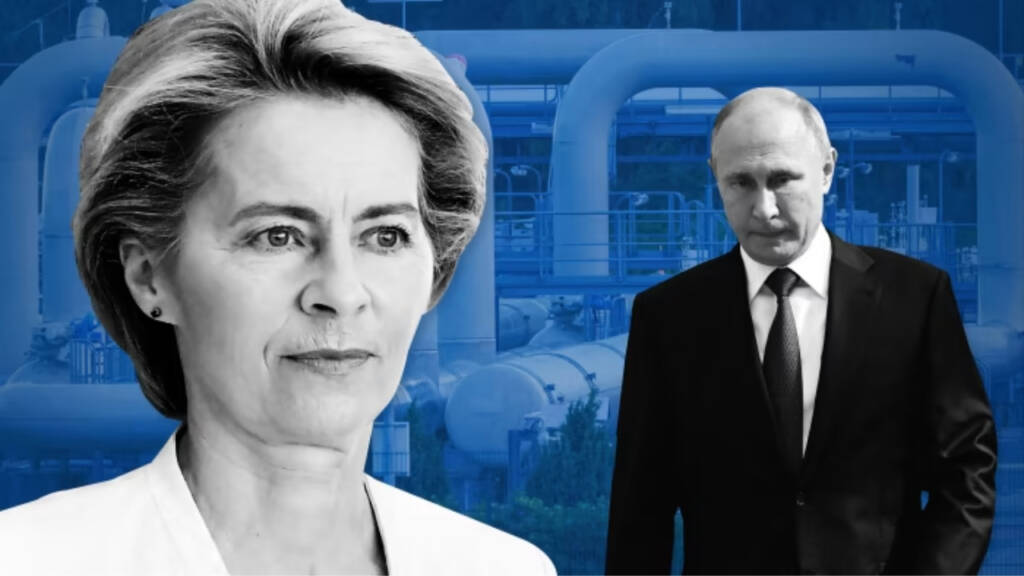Despite sanctions, the European Union (EU) remains Russia’s top buyer of fossil fuels, purchasing over $149 billion worth of coal, oil, and gas in the past year, according to the latest estimates by the Center for Research on Energy and Clean Air (CREA). This accounts for nearly half of Russia’s total fossil fuel export earnings of $315 billion.
China briefly overtook the EU as the largest buyer in March 2023, primarily due to increased crude oil imports. However, the EU regained its position as the top customer overall.
Within the EU, Austria, Slovakia, Spain, Poland, and the Czech Republic were the top five importers during the week ending February 26, 2023. Germany was the largest buyer over the entire year.
These findings highlight the EU’s continued reliance on Russian energy sources, despite efforts to reduce dependence as part of Ukraine-related sanctions. The bloc’s substantial energy imports from Russia provide a significant source of revenue for the country, potentially undermining the effectiveness of sanctions.
Read More: Russia is helping its friend Belarus to ship its oil to best friend Europe
Addressing this dependency will require further efforts to diversify energy sources and reduce imports from Russia.
Join us on Telegram: https://t.me/tfiglobal
The European Union’s (EU) response to Russia’s invasion of Ukraine has been marked by a delicate balancing act: imposing stringent sanctions on Russia while maintaining its own energy security. This has led to instances where the EU has appeared to evade or circumvent certain aspects of the sanctions regime.
Trading in Sanctioned Goods
One area of concern has been the EU’s continued trade with Russia in goods that are subject to sanctions. For example, an investigation by the Center for Strategic and International Studies (CSIS) found that EU countries exported over €700 million worth of sanctioned goods to Russia in 2022, including semiconductors, electronics, and machinery.
Trade Through Third Parties
The EU has also been accused of facilitating trade with Russia through third-party countries. For instance, a report by the European Council on Foreign Relations (ECFR) found that EU companies have been using intermediaries in countries like Turkey and Dubai to bypass sanctions and continue doing business with Russia.
Energy Reliance on Russia
Despite the sanctions, the EU remains heavily reliant on Russian fossil fuels, particularly natural gas. In 2022, Russia accounted for 25% of the EU’s total energy imports. This dependence has made it difficult for the EU to completely sever ties with Russia’s energy sector.
Read More: EU’s sanctions on Belarus are as real as ‘Count Dracula’
Sanctions Enforcement Challenges
The EU faces challenges in effectively enforcing sanctions due to the complex and interconnected nature of global trade. Loopholes and weaknesses in the sanctions regime can be exploited to evade restrictions.
While the EU has taken significant steps to sanction Russia, instances of evasion and circumvention raise concerns about the effectiveness of the sanctions regime. Addressing these challenges will require closer coordination among EU member states and enhanced cooperation with international partners.
Watch More:
